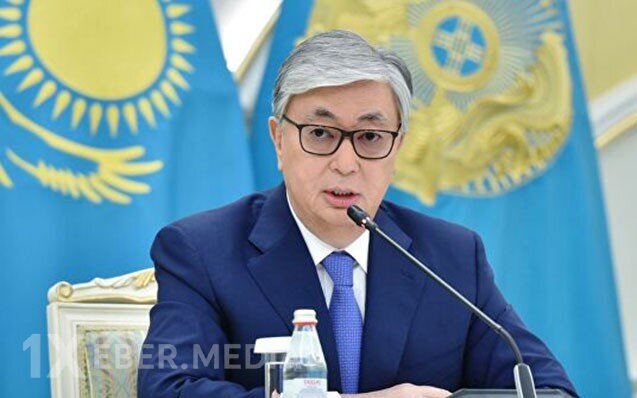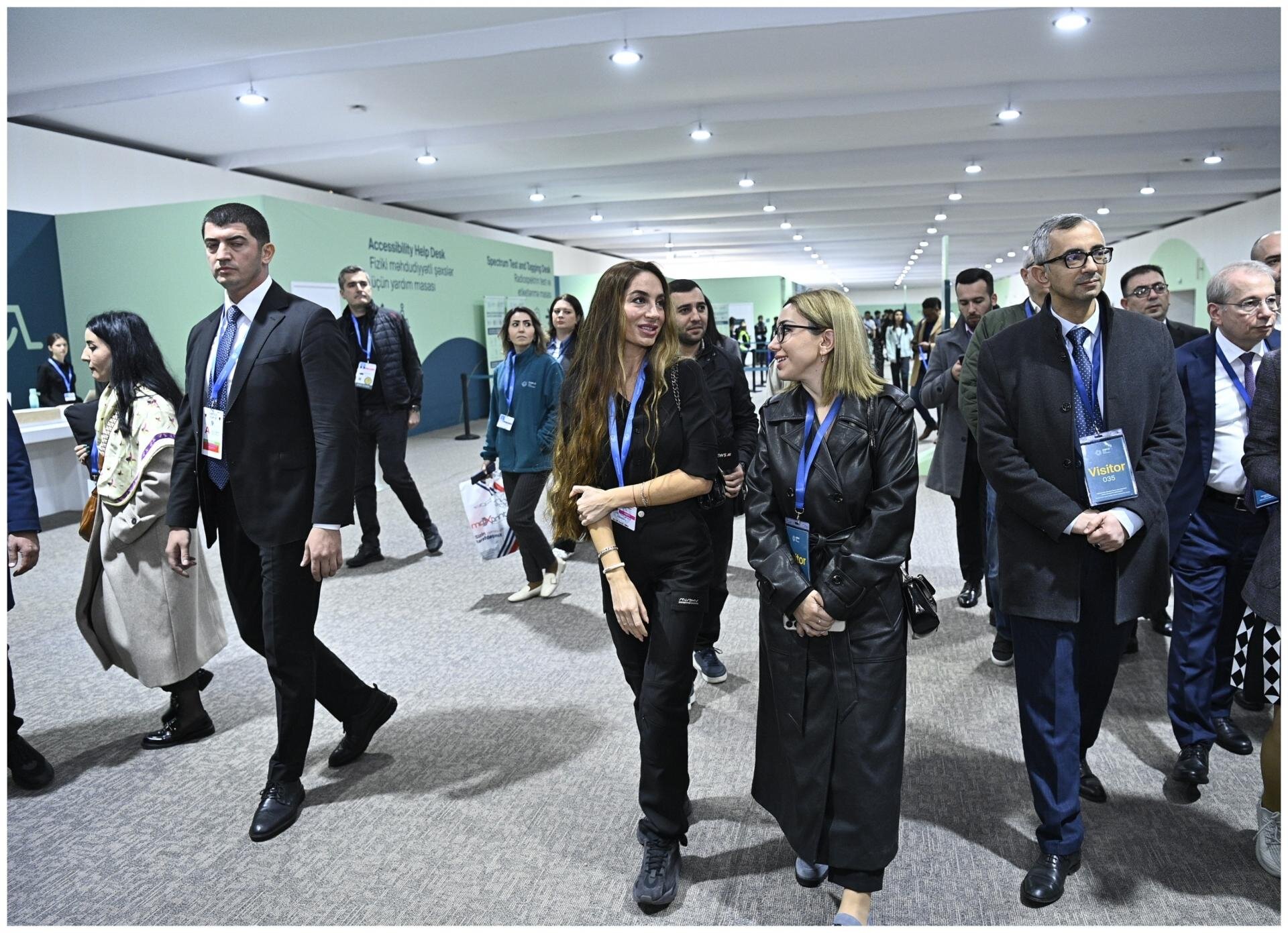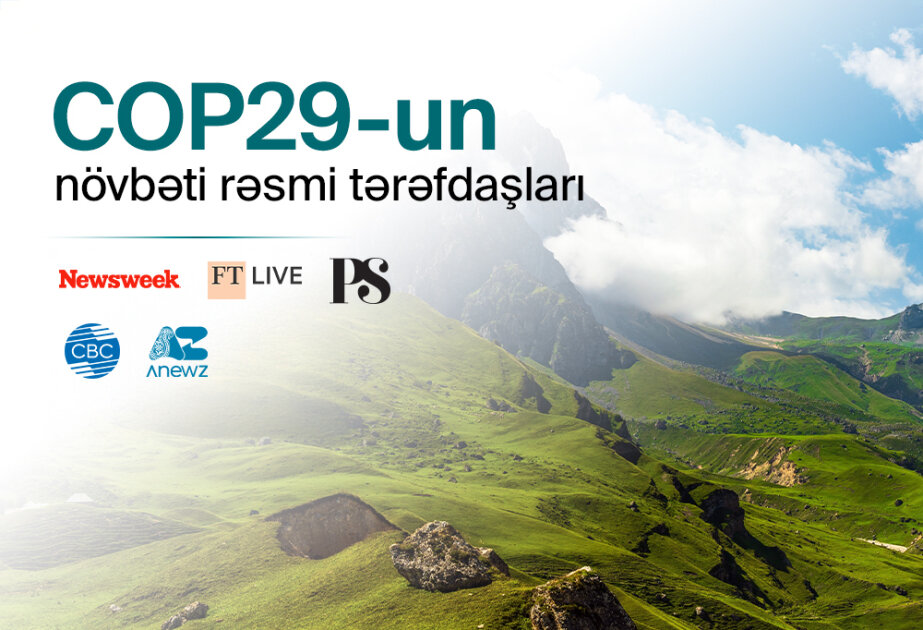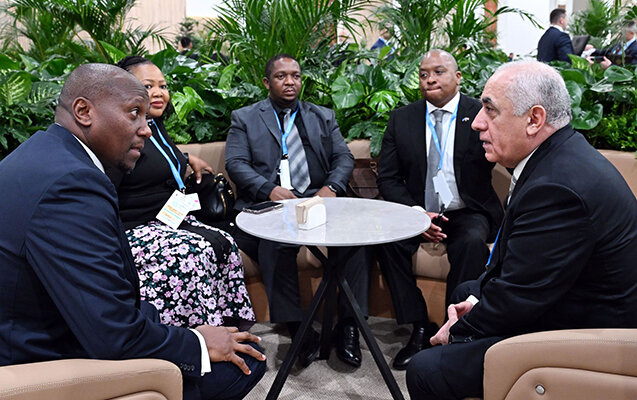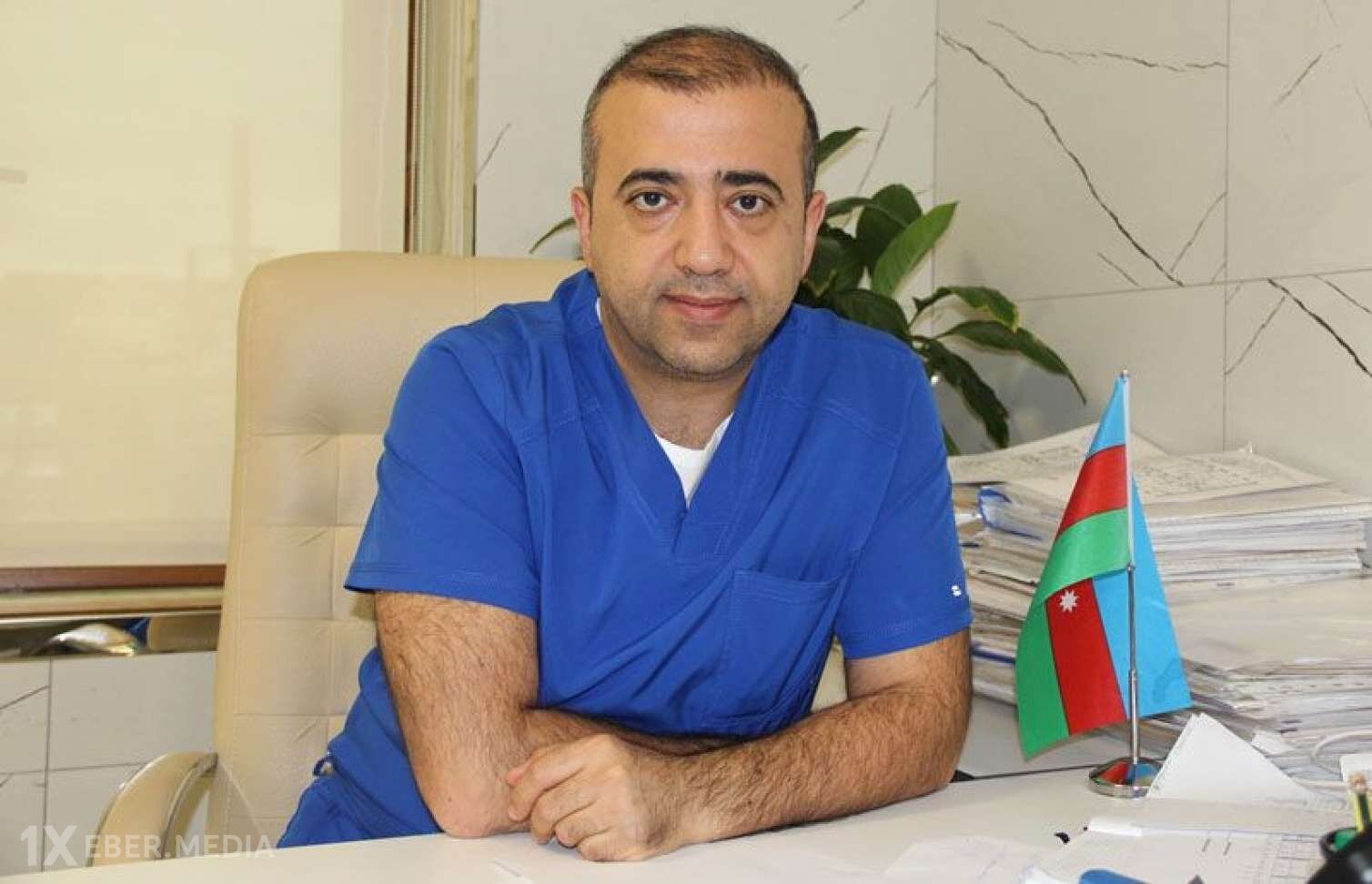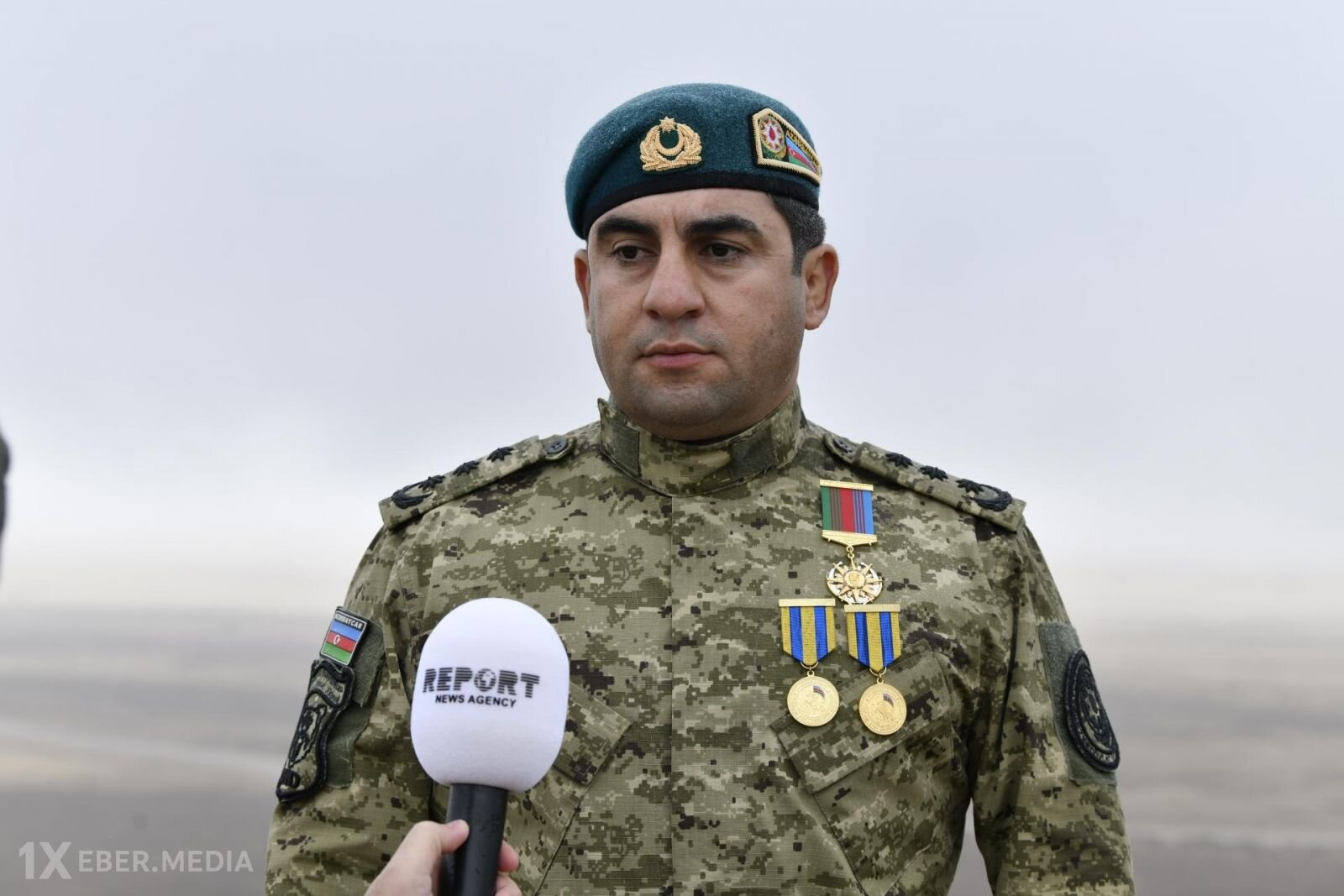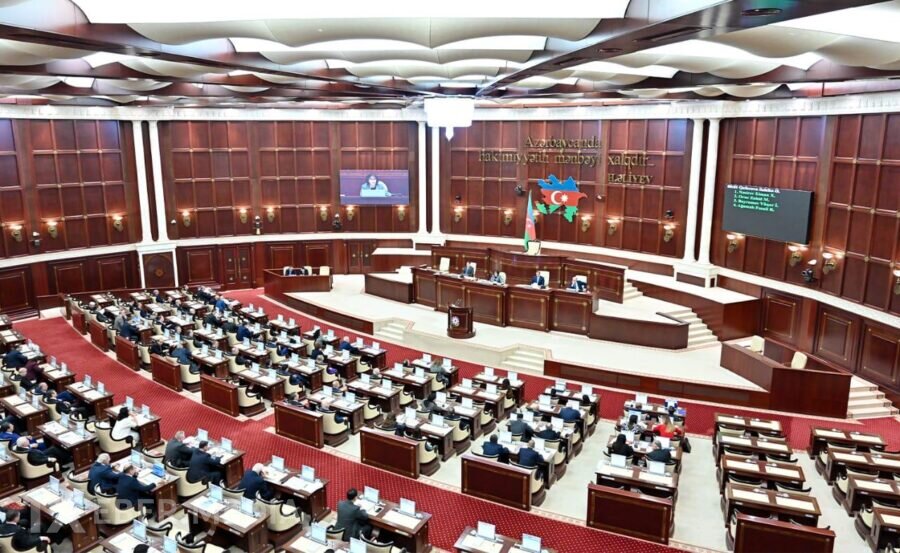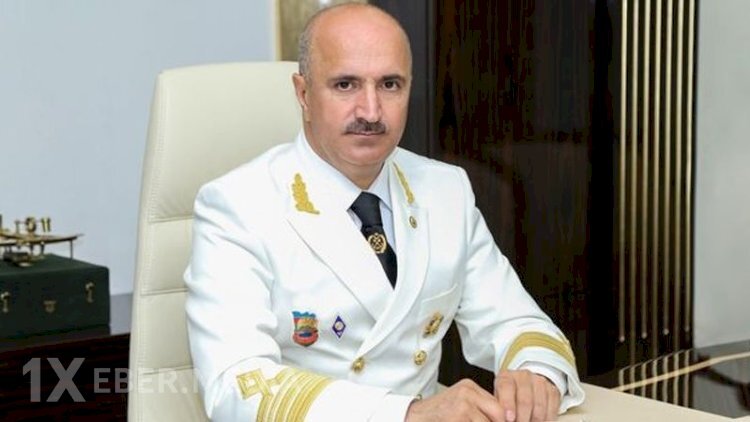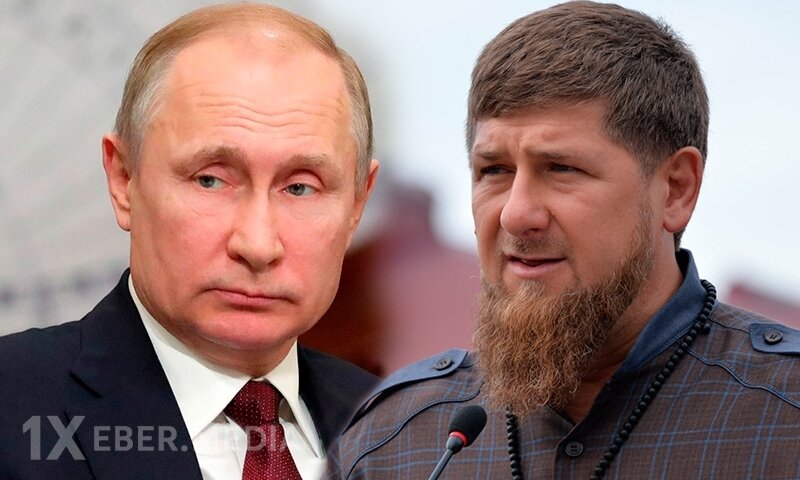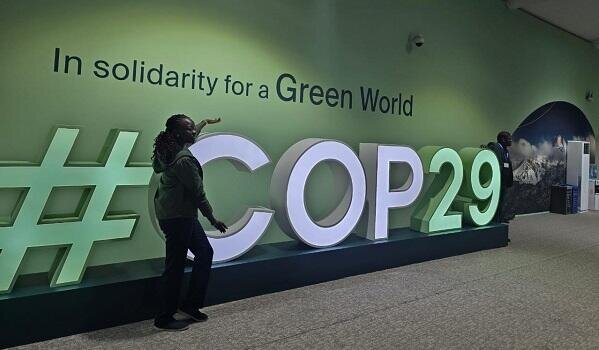 The world's leading media outlets wrote about the first major success achieved on the first day of the 29th session of the Conference of the Parties to the UN Framework Convention on Climate Change (COP29) held in Baku - reaching a consensus on the standards for creating carbon credits.
The world's leading media outlets wrote about the first major success achieved on the first day of the 29th session of the Conference of the Parties to the UN Framework Convention on Climate Change (COP29) held in Baku - reaching a consensus on the standards for creating carbon credits.
1xeber.media reports that the article of the "Financial Times" publication states:
"At the COP29 climate summit, an agreement was reached on the launch of multi-billion dollar carbon markets governed by UN emissions regulations. Despite the election of Donald Trump last week, countries are trying to show that the fight against climate change will continue in the future. Progress in the first negotiations prompted COP29 to adopt rules on a global market for trading instruments representing carbon emissions.
A win for Azerbaijan, which is hosting COP29 ahead of tough negotiations on other forms of finance, carbon trading could help big polluters cut their emissions and raise some of the cash developing countries will need to adapt to the effects of climate change."
It was a rare bright spot of cooperation and progress at COP29, according to Fitri Vulandri, an analyst at carbon data provider Veit.
"At the two-week COP29 climate summit, countries will on Monday agree to quality standards for carbon credits essential to the launch of a UN-backed global carbon market that will fund projects that reduce greenhouse gas emissions," Reuters staffers Virginia Furnett and Keith Abnett wrote in an article. they allowed.
The green light was given with an early agreement on the first day of the UN conference in Baku, Azerbaijan. "Although Donald Trump's victory in the US elections has reduced expectations, governments intend to sign the climate finance agreement."
In the article, referring to the words of Juan Carlos Bruno, a Mexican climate scientist and currently a consultant of Abatable, it is noted that carbon credits theoretically allow countries or companies to pay for projects that reduce CO2 emissions or remove it from the atmosphere anywhere on the planet, and to offset their own emissions. allows you to use the credits created.
Reuters notes that the International Emissions Trading Association, a working group that supports global carbon markets, has stressed that overall trading in the UN-backed market could generate $250 billion a year by 2030 and reduce carbon emissions by 5 billion metric tons annually.
Climate negotiators made progress on the first day of the COP29 climate summit by agreeing on rules for a global carbon market managed by the United Nations, according to a material authored by Bloomberg's John Einger. The article emphasizes: "Proponents argue that the new market will constitute the 'gold standard' for emissions trading, opening the way for billions in financing for emission reduction projects in the developing world. Buyers, mostly in wealthy countries, will be able to meet their climate goals by taking credits from projects that reduce pollution.
The rules, called "Article 6.4" after initial proposals under the 2015 Paris Agreement, dictate how countries trade carbon credits through the UN-run market.
"The Guardian" quotes the words of COP29 President Mukhtar Babayev in the article published about this important agreement: "We welcome this positive moment. This is the spirit of compromise for the success of all our discussions in Baku. Carbon markets are a polarizing force in climate policy. Proponents of this consensus say it will help channel critical funds to save the planet. Efforts to agree on carbon market rules - known in COP jargon as Article 6."
Axar.az


